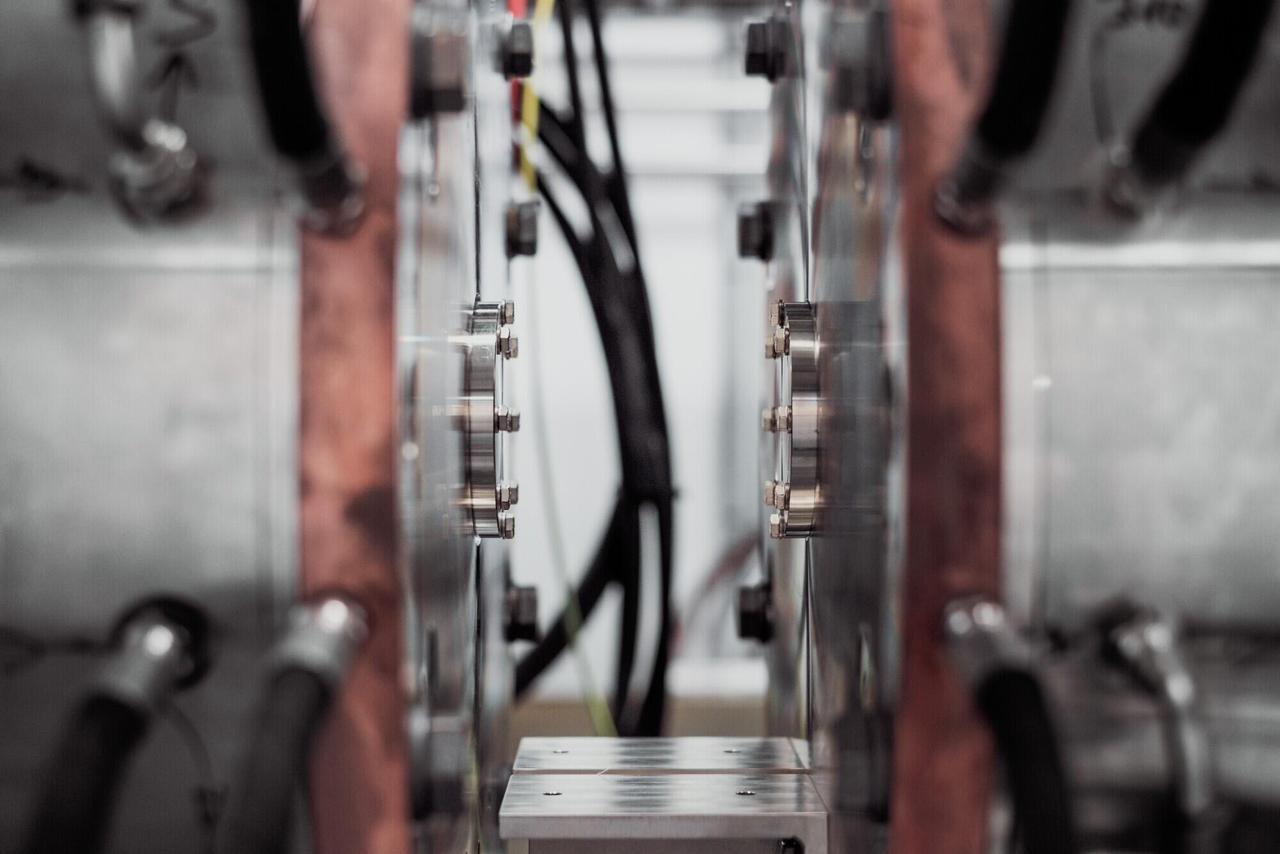Precision grinding is a crucial process in the automotive manufacturing industry.
It uses grinding machines to make parts with high accuracy, tight tolerances, and smooth surfaces. In a competitive market, quality and efficiency matter. Precision grinding helps manufacturers make vehicle parts that meet strict standards.
Without it, many auto parts would fail. This would cause increased wear and reduced fuel efficiency.
How Precision Grinding Impacts Automotive Manufacturing
In automotive manufacturing, precision is crucial. Every part, from the engine to the transmission, must fit perfectly for smooth operation. Precision grinding helps achieve this exact fit.
Parts like gears, crankshafts, and camshafts often need grinding. It is to achieve the right shape and finish. This process ensures parts meet the precise dimensions needed for efficient engine performance.
Centerless grinding removes material without clamping the part. It increases both speed and accuracy. This technology has transformed the production of small, intricate parts.
Types of Precision Grinding Used in Automotive Manufacturing
There are several types of precision grinding used in automotive manufacturing. Each has its own unique applications.
Surface Grinding
This is often used to produce a smooth surface finish. Surface grinding is critical. It ensures that parts, like cylinder heads and engine blocks, have the right surface texture for peak performance.
Cylindrical Grinding
This method is used for grinding the outer surfaces of cylindrical parts, such as shafts and axles. Cylindrical grinding is vital for rotating parts, like drive shafts. It ensures they move smoothly, without excess friction.
Centerless Grinding
As mentioned earlier, centerless grinding is ideal for parts like pins, rollers, and injectors. It allows for high precision in smaller, more complex components without the need for clamping, making it both fast and accurate.
Each type of precision grinding affects the final product’s quality. It ensures the parts fit together perfectly.
Benefits of Precision Grinding in Automotive Manufacturing
The automotive industry seeks to improve performance, durability, and fuel efficiency. Precision grinding plays a key role in achieving these goals by providing several benefits:
Improved Accuracy
Precision grinding makes parts to exact measurements. This reduces the risk of vehicle malfunctions. This is vital for parts that must endure extreme conditions, like engine components.
Increased Efficiency
It reduces friction between moving parts. It does this by producing smooth surfaces and tight tolerances. This can lead to better fuel efficiency, lower emissions, and a longer lifespan for the vehicle.
Reduced Waste
It allows manufacturers to create parts while reducing waste. They use advanced machines, like Viking Centerless Grinders. They remove just the right amount of material. This ensures the part is accurate and saves resources.
Better Durability
It creates parts that are more durable and resistant to wear and tear. This reduces the need for repairs and replacements, saving time and money for both manufacturers and consumers.
The Critical Role of Precision Grinding
Precision grinding is key in automotive manufacturing. It ensures that each vehicle part meets the highest standards. Without precision grinding, manufacturers couldn’t make the exact parts needed for high-performance modern vehicles. It has big benefits for the industry. It improves fuel efficiency and reduces waste.
In short, precision grinding ensures a perfect fit for every part. It is vital for making reliable, high-quality cars.
For more cool reads and a ton of knowledge, make sure to visit our blog!

